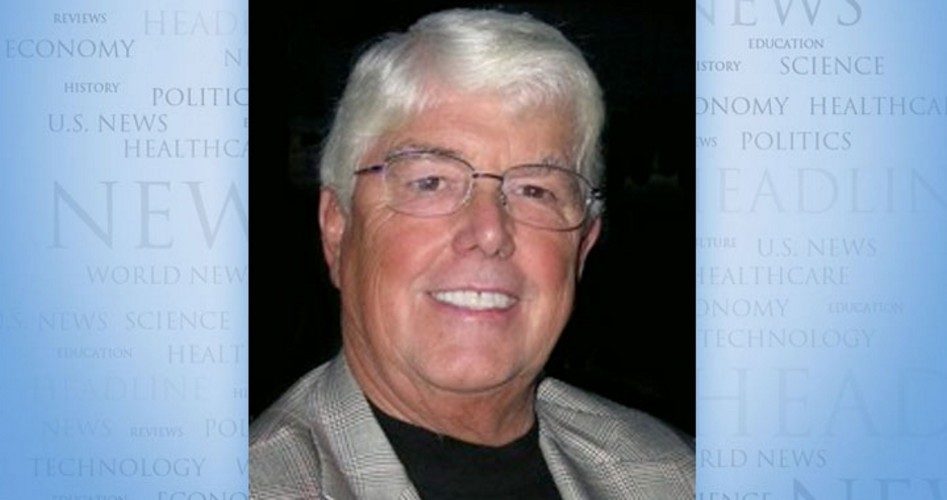
“Skip the preaching, Howie! Just give me my blankety-blank cup of coffee.”
That was the reaction of many Starbucks customers when they learned that their morning cup of caffeine was going to be accompanied by an invitation to chat with their server about race relations in America.
Howard Schultz, the CEO of the most successful purveyor of lattes in the world, must have been astounded — and dismayed — at the amount of opposition his effort generated. One senior vice president at Starbucks got so much negative feedback on social media about the “Race Together” effort that he shut down his Twitter account. And then he got a lot more derision for running away from the issue.
Earlier, Schultz had put a video on the Starbucks website explaining the reasons he was launching the public-relations campaign. He said he was asking all of his baristas, as Starbucks’ staff are called, to “perform that small gesture of writing ‘Race Together’ on a cup.” To speed things up — something that is very important when people are lining up for that first cup of coffee in the morning — the company printed stickers that could be placed on cups, eliminating the need to hand-write each one.
“If a customer asks you what this is,” Schultz explained in the video, “try and engage in a discussion, that we have problems in this country with regard to race and racial inequality, and we believe we’re better than this, and we believe the country’s better than this.” Do this just once a day with one customer, Schultz said, and “you’re making a significant difference.”
Really? I’ll bet a whole lot of coffee servers were uncomfortable about being asked to take the lead in such conversations. The response from customers confirmed that many of them wanted to get their coffee without a side order of discourse on one of this country’s most divisive issues.
Syndicated columnist Clarence Page, an African-American who writes frequently on matters of race, had this to say about the Starbucks CEO: “I know he’s a marketing genius. Who else could turn overpriced cups of coffee into a daily lifestyle choice for millions of drinkers worldwide?”
Then Page added, “Nevertheless, dumbing down America’s complicated and emotionally charged racial divide into a topic light enough for a coffee shop chat is a tall order, especially before I’ve had my morning caffeine.” Still, he applauded the effort. “Whether it works or not,” he said, “it’s probably better than silence.”
Turns out many Starbucks customers didn’t agree. Faced with an unexpected outpouring of criticism and ridicule, less than a week after launching the write-on campaign Schultz said enough is enough. Baristas would no longer put “Race Together” on each cup they served. But he says he remains committed to the idea of the campaign.
Schultz has taken some controversial positions in the past. He’s been a strong proponent of the Affordable Care Act. And in 2013 he said the company would no longer welcome customers, aside from law enforcement personnel, who were carrying firearms.
None of his past pronouncements seem to have hurt Starbucks’ business. Sales in the Americas for fiscal 2014 were up 9 percent over the previous year, hitting an all-time high of $11.98 billion. That produced a 19 percent increase in operating income, which totaled $2.81 billion.
So yes, the company serves a lot of customers — and makes a ton of money doing so. No doubt both will continue to be true. And now you won’t have to worry about being put on the spot about race relations when you order your grande.
I wonder how long before Al Sharpton and his megaphone start denouncing Starbucks for backing off this campaign?
Until next time, keep some powder dry.
Chip Wood was the first news editor of The Review of the News and also wrote for American Opinion, our two predecessor publications. He is now the geopolitical editor of Personal Liberty Digest. This article first appeared on PersonalLiberty.com and has been reprinted with permission.


